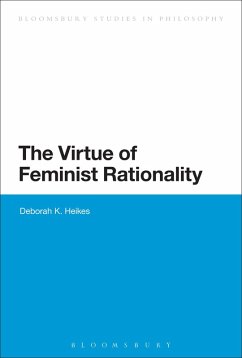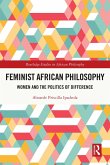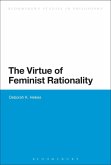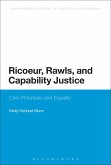Feminist philosophers have been some of the most vocal critics of reason and rationality. While most feminists realize that rationality is a concept that cannot be entirely abandoned, few have considered how to construct a positive account of rationality.
This book represents a sustained argument for a feminist theory of rationality. It opens by asking the question: is reason inherently masculine? Deborah K. Heikes goes on to answer this question negatively and to examine what feminists actually want from a theory of rationality, specifying what a virtue theory of rationality is and how it works. She identifies those features that feminists believe are central to reason, identifying four dichotomies that are central to feminist thinking (mind/body, reason/emotion, identity/difference, objectivity/subjectivity), and argues that they can be captured by conceiving of rationality as a virtue concept. She further demonstrates how a specifically feminist theory of rationality can provide objective grounds for feminists' moral, political and epistemic agendas.
This book represents a sustained argument for a feminist theory of rationality. It opens by asking the question: is reason inherently masculine? Deborah K. Heikes goes on to answer this question negatively and to examine what feminists actually want from a theory of rationality, specifying what a virtue theory of rationality is and how it works. She identifies those features that feminists believe are central to reason, identifying four dichotomies that are central to feminist thinking (mind/body, reason/emotion, identity/difference, objectivity/subjectivity), and argues that they can be captured by conceiving of rationality as a virtue concept. She further demonstrates how a specifically feminist theory of rationality can provide objective grounds for feminists' moral, political and epistemic agendas.









